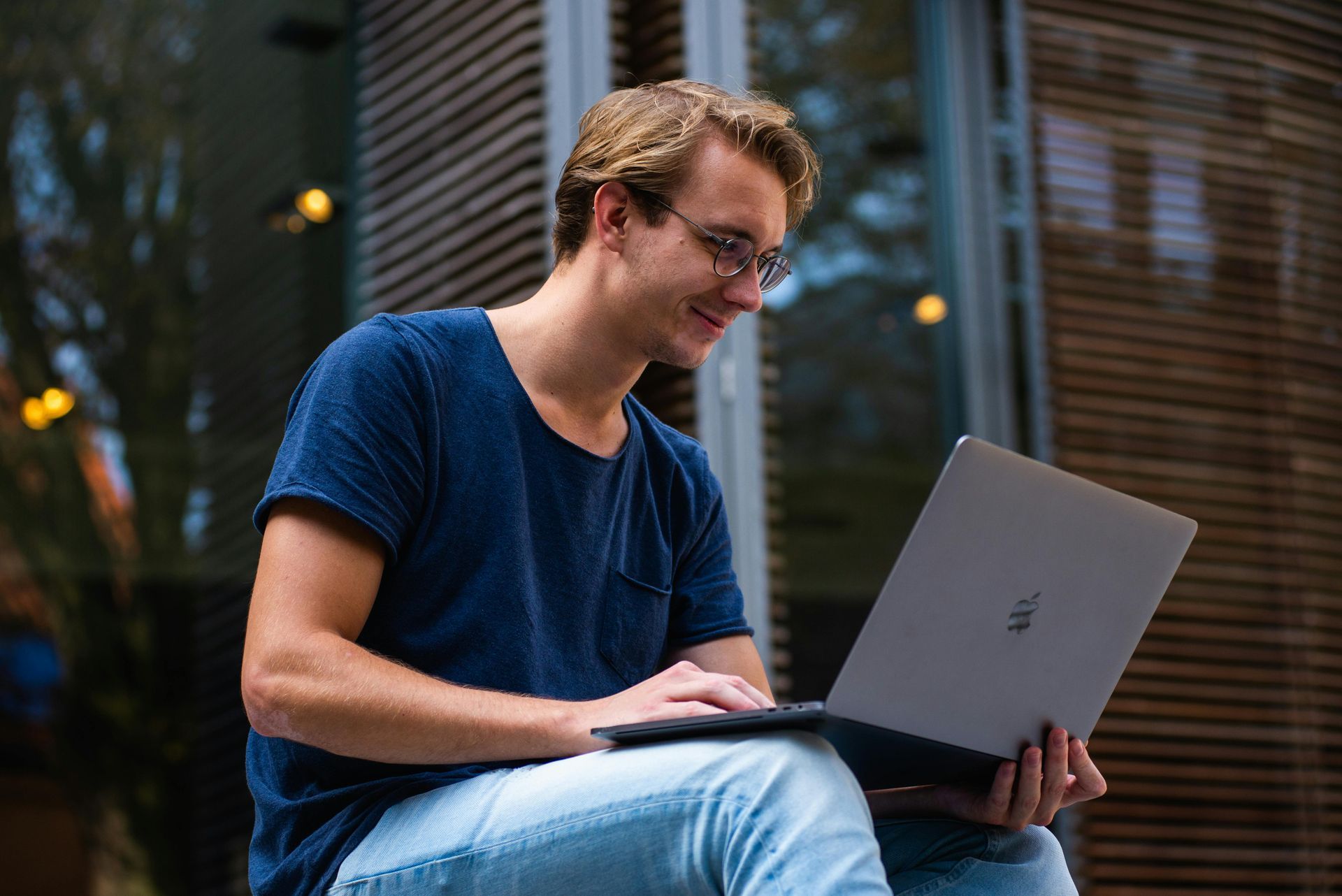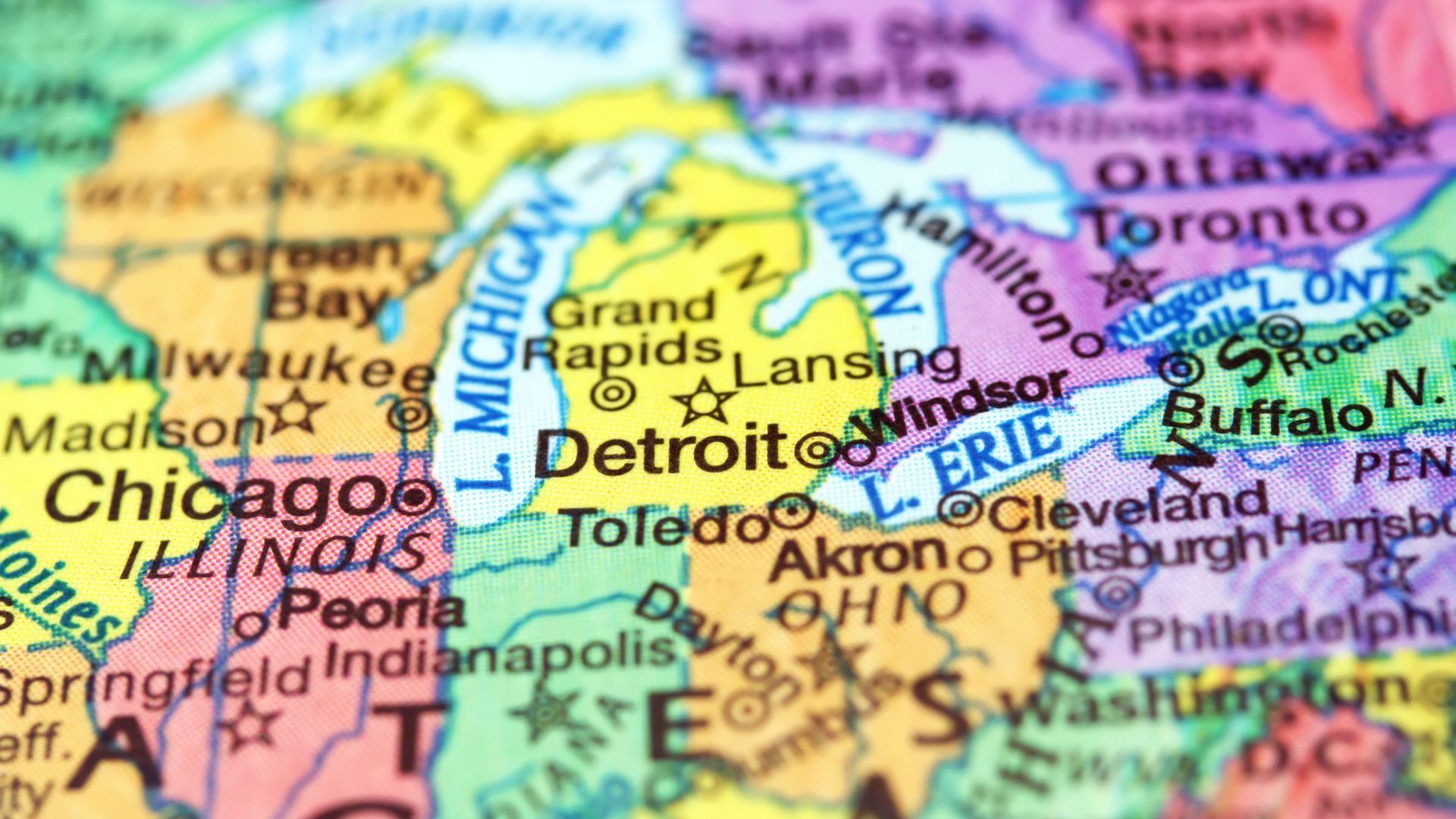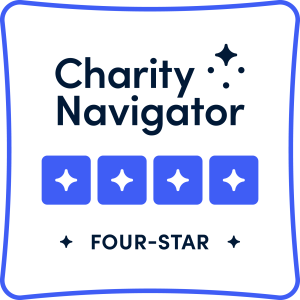Drug Addiction And Exploitation In Human Trafficking🦋
Human trafficking is a serious issue. It involves exploitation and often links to addiction.
Exploitation means using people for various purposes like forced labor or sex work. Traffickers exploit victims in many ways.
Addiction plays a big role here. Traffickers can use drugs to control their victims. This makes the victims dependent on them for both substances and survival.
The impact of this combination is severe. Victims suffer from long-term psychological effects like trauma, anxiety, and depression.
Communities can fight back against these horrors by spreading awareness and providing support systems for victims.
Michigan has made efforts to combat human trafficking through community cooperation.
There’s much more to learn about how addiction fuels exploitation in human trafficking...
Key Takeaways
- Traffickers use addiction to control victims. Victims depend on drugs and escaping seems impossible.
- Common forms of exploitation include forced labor, sex trafficking, and domestic servitude. Addiction makes these situations harder to break free from.
- Community awareness and education can help prevent human trafficking. Programs teach signs of addiction and exploitation.
- Rehabilitation for victims includes medical care, therapy, and substance abuse treatment. Funding supports these vital services.
- Cooperation between state groups in Michigan helps find victims faster. Donations support education programs and rehab centers to aid recovery efforts.
Understanding Exploitation in Human Trafficking
Exploitation in human trafficking often involves taking advantage of vulnerable people. Traffickers use different methods to control and profit from their victims....
Definition of Exploitation
Exploitation means taking unfair advantage of someone. The word first had this meaning in 1795. It comes from the French word "exploiter."
In human trafficking, exploitation often involves forcing victims into labor or sex work. Traffickers use lies and threats to control people. Exploitation can also mean using someone’s weakness, like addiction, to keep them trapped.
Common Forms of Exploitation
Exploitation in human trafficking is a serious issue. It takes many forms today:
- Forced Labor: People are made to work against their will. This includes immigrant laborers and children, often in harsh conditions.
- Sex Trafficking: Victims are forced into prostitution or sexual slavery. Drugs can be used to control them.
- Child Labor: Children are forced to work long hours for little or no pay. They may work in agriculture, mining, or factories.
- Domestic Servitude: Individuals are made to work in private homes as maids or servants, often without pay.
This exploitation is unfair and hurts many people. Many fall prey due to systemic flaws and lack of resources.
The Role of Addiction in Human Trafficking
Traffickers exploit addiction to control their victims. They often use drugs to keep people trapped and dependent, making escape seem impossible.
How Addiction is Used as a Tool for Control
Addiction traps victims. Human traffickers use illegal drugs to control them. They force drugs on victims to create dependency. Drug abuse makes it hard for victims to escape.
Victims rely on the traffickers for their next fix. This keeps them in a vicious cycle of exploitation. Without help, breaking free seems impossible. In Michigan, many fall prey this way—needing support and care from you and your community.
Types of Substances Used
Addiction helps human traffickers control their victims. Different drugs are used to trap and keep people in these terrible situations.
- Opioids: Drugs like heroin and prescription painkillers create a strong dependency. Traffickers use them to make victims feel they can't escape.
- Methamphetamine: This drug keeps victims awake and alert for long periods. It is often given to those forced into labor or prostitution.
- Alcohol: Easy to get and makes people more submissive. Traffickers use it to lower the victim's defenses and maintain control.
- Cocaine: Creates a sense of euphoria followed by intense lows, making victims more reliant on traffickers for their next fix.
- Marijuana: Used to calm and sedate victims, making them less likely to resist orders or attempt escapes.
Psychological Impact of Addiction on Victims
Addiction can trap victims in a cycle of dependency. This control makes it hard for them to escape their situation and leaves lasting scars on their minds.
Dependency and Control
Victims of human trafficking often suffer from addiction. This makes it easier to control them. Traffickers use drugs and alcohol to create dependency.
Victims rely on traffickers for their next fix, reducing any chance of escape.
This tactic breaks a person's will and creates a cycle hard to break free from.
Addicted victims may feel trapped with nowhere to turn. Over time, this erodes their mental health, leading to long-term psychological effects like anxiety and depression.
Understanding the role of addiction in controlling victims can help you recognize the signs and take action against human trafficking in Michigan.
Long-term Psychological Effects
Addiction can leave deep scars on victims. These scars often show up as anxiety, depression, and PTSD. Mental health issues from exploitation make it hard to move back into society.
Trauma impacts self-worth and identity. Trust becomes difficult to rebuild. Many struggle in relationships due to their past experiences. This cycle of dependency only adds more layers of trauma.
Making recovery a long road.
Mechanisms of Exploitation via Addiction
Exploiting addiction is a powerful method traffickers use to control victims. They recruit and manipulate individuals by creating dependency on substances.
Recruitment and Manipulation
Traffickers often target people with substance abuse problems. They offer drugs to gain trust and dependence. This makes it easier to control their victims.
Traffickers also use addiction as a trap. Victims need the drugs, so they stay in dangerous situations. The traffickers then exploit them for labor or sex work. It’s a cruel cycle that keeps victims stuck and powerless.
Young people have an increased risk of recruitment and manipulation if they are victims of sexual abuse, mental health problems, homelessness, or aging out of foster care.
Maintenance of Control Through Substance Dependence
Once traffickers recruit their victims, they keep control by getting them addicted to drugs or alcohol. This makes the victim dependent on the trafficker for their next fix. Victims are less likely to escape because they need the substance.
Addiction changes how a person thinks and behaves. Traffickers know this and use it to break down a victim’s willpower. Over time, addiction harms both mental and physical health, trapping victims in a
cycle of dependence and exploitation that's hard to escape.
Prevention and Intervention Strategies
Educating people about addiction and exploitation can save lives.
Supporting victims with rehab and help systems gives them a chance to rebuild their lives.
Educational Programs on Addiction and Exploitation
Educational programs on addiction and exploitation are vital. They help prevent human trafficking and support victims.
Community Workshops
- Offer free workshops in local centers.
- Focus on signs of both addiction and exploitation.
- Use real-life stories and examples to make it relatable.
School Programs
- Start education early.
- Teach kids about safe internet use and peer pressure.
- Include lessons on substance abuse dangers.
Online Courses
- Provide flexible learning options for all ages.
- Offer modules on recognizing addiction traps in trafficking.
- Allow users to learn at their own pace with interactive content.
- Public Awareness Campaigns
- Launch campaigns using social media, TV, and radio.
Victim Rehabilitation Programs
- Provide medical care focusing on detoxing from substances used by traffickers to control them.
- Ensure psychological support through therapy sessions.
- Support vocational training to help reintegrate into society.
Training Law Enforcement Officers
- Equip officers with knowledge about addiction's role in trafficking.
- Teach them how to spot signs during investigations.
- Collaborate with local agencies to improve intervention methods.
Hotline Information Drives
- Promote 24/7 hotlines for immediate help.
- Distribute posters, flyers, and brochures around Michigan communities.
Employer Training Programs
- Educate workplace leaders about spotting signs in employees.
- Train HR departments on providing support without stigma.
You can make a difference by supporting these initiatives... every bit helps build a safer community!
Rehabilitation and Support Systems for Victims
Victims of human trafficking need help to recover. Michigan residents can make a big difference by donating to the right programs.
Access to Medical Care
- Victims often require immediate medical attention.
- Your donations can fund hospitals and clinics.
- Proper healthcare is a crucial first step in healing.
- Therapeutic Support
- Many victims suffer from trauma and mental health issues.
- Funds support therapists who specialize in trauma recovery.
- Therapy helps victims regain control over their lives.
- Addiction may keep victims trapped.
- Donations enable rehabilitation centers to provide free services.
- Breaking addiction is key to gaining independence.
- Shelter and Safe Housing
- Safe havens give victims a place to stay while they rebuild their lives.
- Funds help maintain clean, secure shelters.
- A stable living situation reduces the risk of re-exploitation.
Educational Programs
- Learning new skills empowers victims for future success.
- Your contributions fund classes, workshops, and job training programs.
- Education opens doors to better job opportunities and self-sufficiency.
- Prevention education in schools and other youth-serving organizations.
Legal Assistance
- Victims may need legal help for various issues like immigration status or criminal records.
- Donations cover the cost of legal fees and expert counsel.
- Legal support ensures that justice is served, and rights are protected.
Community Support Networks
- Strong community ties assist in long-term recovery.
- Contributions help create peer groups and mentorship programs.
- Victims benefit from ongoing emotional and practical support.
Outreach Programs
- Programs raise awareness about human trafficking in local communities.
- Donations allow for educational campaigns in schools and neighborhoods.
- Increasing awareness by using human trafficking prevention education can help keep children safe.
Each dollar you donate goes directly toward helping these survivors rebuild their lives and educating our youth.
Understanding these tactics can help safeguard vulnerable children from online exploitation. Stay informed and proactive in protecting them.
Community and State Action
Community groups can spread awareness and prevent human trafficking.
States like Michigan also play a key role in this fight through strict laws and support programs. Michigan has a Human Trafficking Task Force as do many other states. Check your state to see if you have a Human Trafficking Task Force, and if not, see what you can do to make that happen. More awareness means stopping human trafficking in its tracks.
Role of Community Awareness in Prevention
Community awareness plays a big role in stopping human trafficking. When people in Michigan know the signs, they can act faster to help victims. With a better understanding, locals can report suspicious activities and support prevention efforts.
Donating to local programs helps spread this crucial information. Funds go to training sessions, posters, and social media campaigns that reach more people. Your donation makes it possible for everyone to stay informed and safe.
Cooperation in Michigan Combating Human Trafficking
Cooperation in Michigan is key to fighting human trafficking. State groups, local police, and non-profits are working together. They share information and resources. This team effort helps find victims faster.
It also brings traffickers to justice more effectively.
Your donations can help too. Funds support education programs like Hope Against Trafficking located in Pontiac, Michigan about addiction and exploitation. We have a 2-year residential program that works to help victims restore and rebuild their lives. By supporting these efforts, you play a part in ending human trafficking in your community.
Conclusion
Addiction and exploitation are tightly linked in human trafficking. Traffickers use drugs to control victims, making them dependent. This makes escape hard for those trapped. Understanding this link can help us fight back.
Your support can make a difference in many lives.
Recover. Rebuild. Restore
We Believe Love Transforms
FAQs
1. How does addiction relate to human trafficking?
Addiction often makes individuals vulnerable, leading traffickers to exploit their dependency. Traffickers use substances to control victims, deepening the cycle of exploitation.
2. What are common misconceptions about addiction and human trafficking?
Many believe only drug users fall prey to trafficking, but anyone can be targeted. Addiction is both a cause and effect of exploitation in human trafficking.
3. Can data help us understand the link between addiction and human trafficking?
Yes, data-driven insights reveal patterns showing how substance abuse correlates with increased vulnerability to being trafficked.
4. How can we address the problem of addiction in relation to human trafficking?
We need actionable guidance—such as providing support services for addicts—to break the cycle of exploitation and help victims recover from both issues simultaneously.








